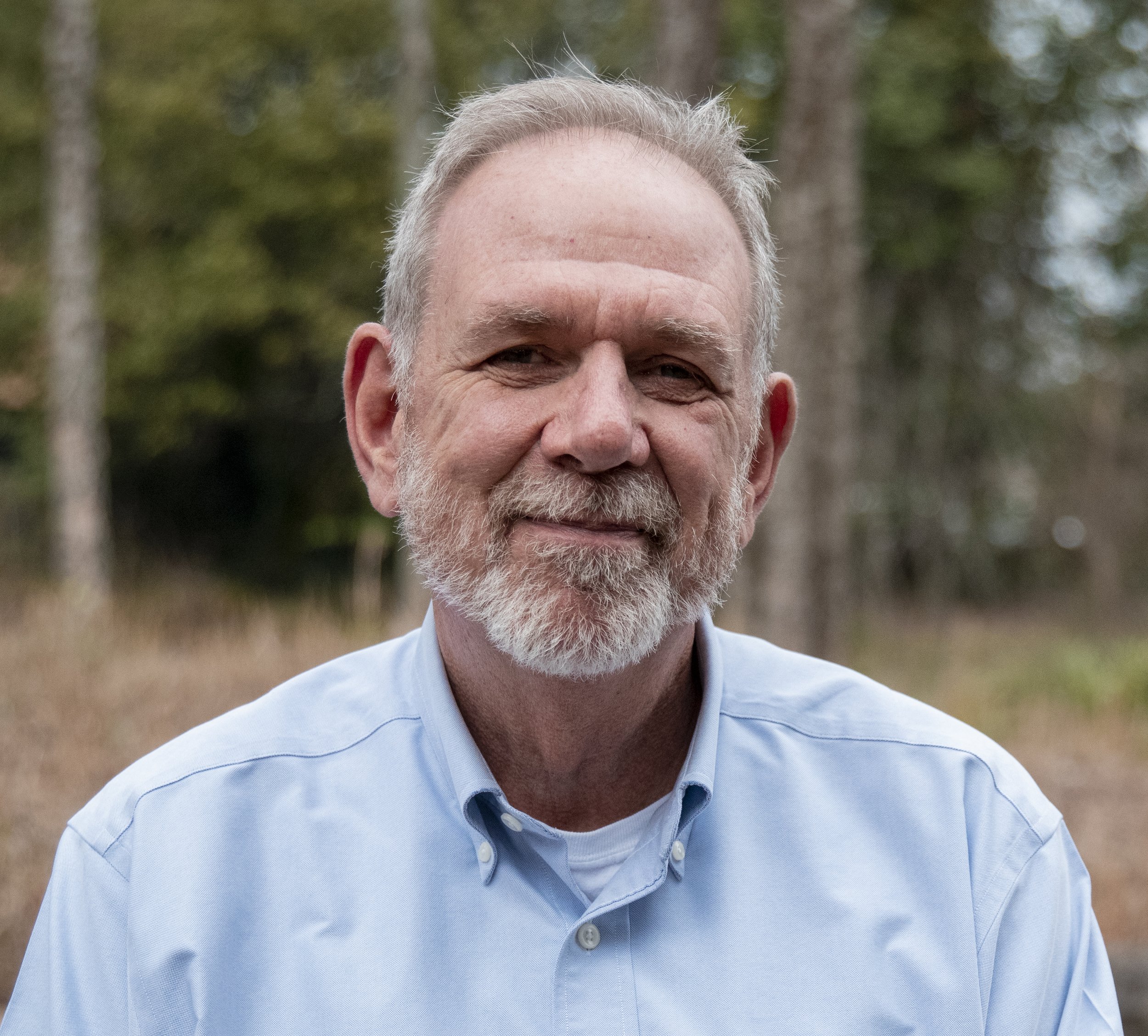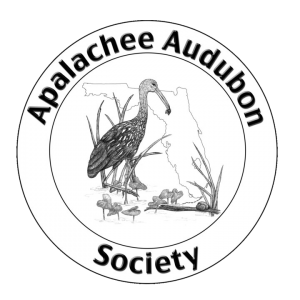Registration link: https://bit.ly/3Ii0MBU
Dr. Bob Cooper will talk about research on bird-insect interactions that he and his students have conducted over a 30-plus year career; they have looked at the relationship between trees, insects and birds, exploring the ecology and threats to insectivorous forest birds.
Recently, a report in the journal Science estimated that there are approximately 3 billion fewer birds in North America than there were 50 years ago. A closer look at the data suggests that declines were largest among birds that are insectivorous at least during the breeding season.
Alarming reports of drastic declines in insect populations also were published, although mostly from Europe, suggesting an additional link not mentioned in the Science article.
Results from Bob’s UGA research and that of others show (1) the importance of caterpillars in the diets of most forest-dwelling songbirds, (2) significant effects on songbird populations when caterpillar abundance was reduced with pesticides, and (3) declines in songbird populations were correlated with lower caterpillar abundance in lower elevation sites in the Southern Appalachians, suggesting that climate change is also affecting both insects and birds.
Conservation actions aimed at insectivorous forest birds include (1) broad-scale conservation planning and habitat restoration, (2) a monitoring program for insect populations comparable to the North American Breeding Bird Survey, and (3) research that assesses the relationships between insect and bird long-term population dynamics. He will make recommendations for meeting those needs.
Bio: Robert J. Cooper, Ph.D.
Bob Cooper, Dennis and Sara Carey Distinguished Professor of Forestry and Natural Resources, Emeritus, University of Georgia
Bob obtained Bachelors and Masters degrees in forest resources with a wildlife concentration from the University of Georgia, a second Masters in statistics from the University of Wyoming, and a Ph.D. from West Virginia University in wildlife biology. He joined the faculty of the Warnell School of Forestry and Natural Resources at UGA in 1997 after serving on the faculty at Humboldt State University and the University of Memphis. Bob retired from UGA in 2021 but holds Emeritus status. He now lives on St Simons Island.
At UGA, Bob’s main courses were ornithology, experimental design, and conservation decision making.
Broadly, his research addresses how human activities influence ecological systems and the services they provide and then how to apply that understanding to conservation. His focal organisms have usually been birds because they serve such important ecological roles, often are good ecological indicators, and are just so interesting. His research has taken him to iconic ecosystems throughout Georgia, including deciduous forests of the Appalachian Mountains, floodplain ecosystems of major river systems, longleaf pine/wiregrass ecosystems in the Coastal Plan, tidal marshes of the coast, and beaches of the barrier islands.
His conservation work has been recognized by awards from the Audubon Society, Partners in Flight and the U.S. Fish and Wildlife Service. He is a Fellow of the American Ornithological Society and serves on the Board of Directors of Georgia Audubon and the Georgia Chapter of The Nature Conservancy.


